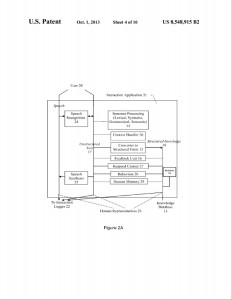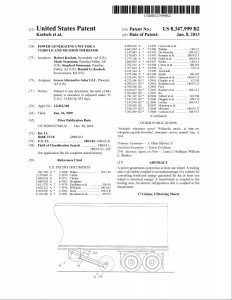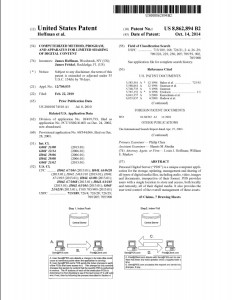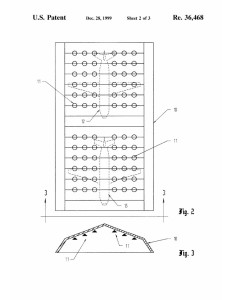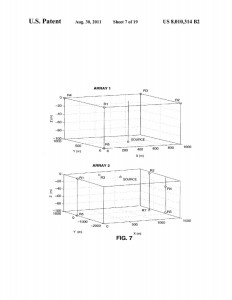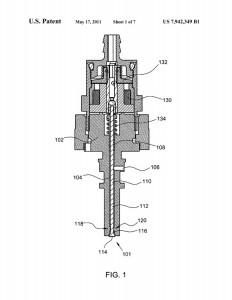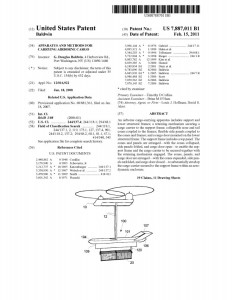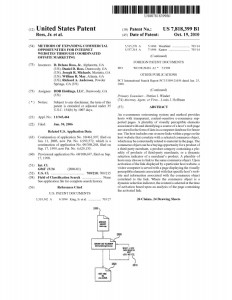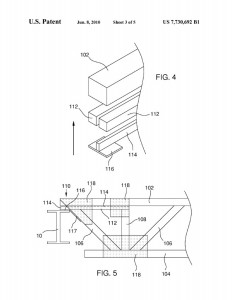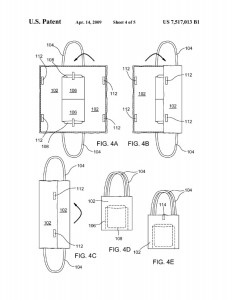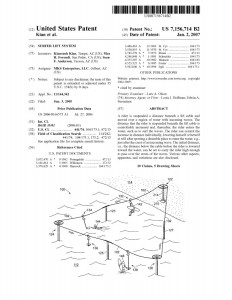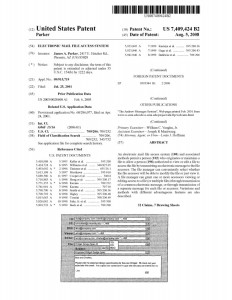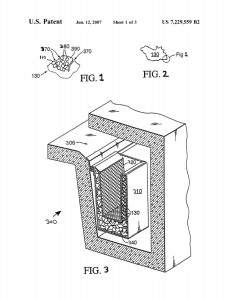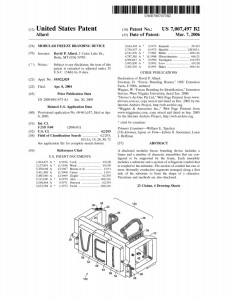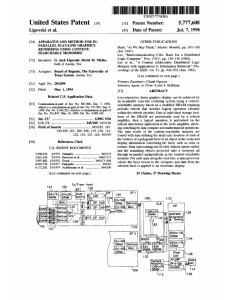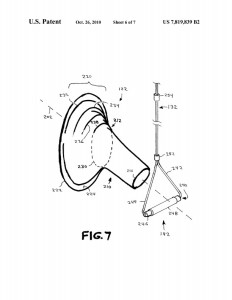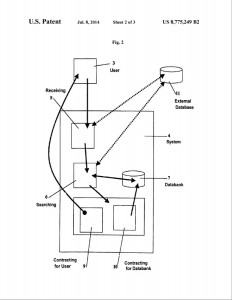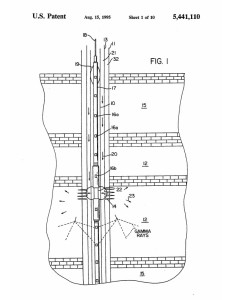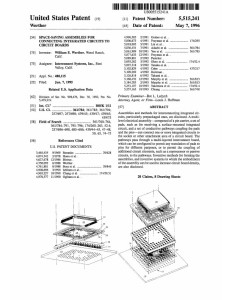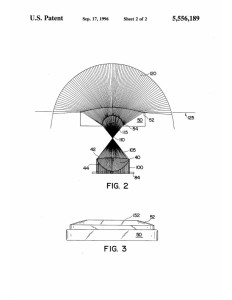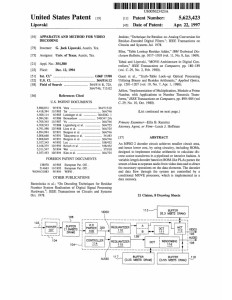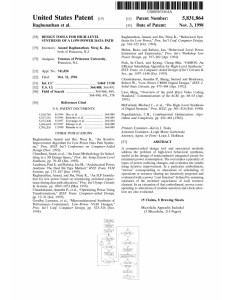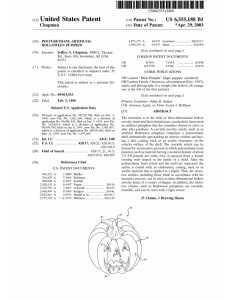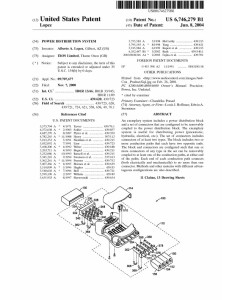Select operating companies have established buying programs for a number of reasons:
- To reduce their chance of litigation by taking patents “off the market”
- To expand their patent portfolios for cross-licensing negotiations with competitors, suppliers, customers, or others
- To increase asset bases on their balance sheets
- To counter threats by mid-size companies by having potentially threatening patents of their own
- To allow for more varied product-development choices
Only a few companies buy patents to establish new products. For that reason, “promotion” firms who “submit” patented inventions to “industry” – or individual inventors who write “cold call” letters offering their patents – nearly always fail to produce successful results.
Operating companies often operate through “proxies,” which are entities established by one or a group of companies to act on behalf of undisclosed principles. On some occasions, the companies involved are a closely guarded secret; in other cases, they are known to insiders or those with specialty knowledge in the field. Companies sometimes fund proxies to avoid having their pre-existing cross-license agreements apply to patents acquired through the proxies.
Funds and aggregators buy patents to group them with other patents, allowing them to commercialize the inventions on a “wholesale” basis. Commercialization can be done many ways, typically through package licensing as opposed to litigation. Aggregators prefer not to litigate on an individual basis – the goal is to offer a package that includes a wide array of potentially threatening patents for a price that represents value over “retail” litigation or one-by-one licensing.
Enforcement-based entities offer to buy and enforce a seller’s patent in exchange for a small upfront payment and a partial share of back-end proceeds. When comparing the risks and benefits offered by enforcement-based entities, we believe there are better options for our clients and only approach such entities at the explicit request of our clients.

